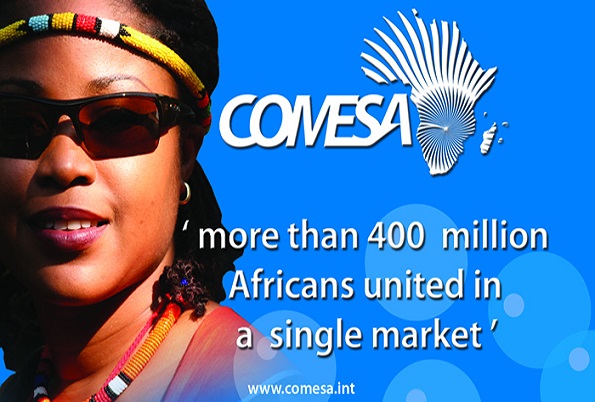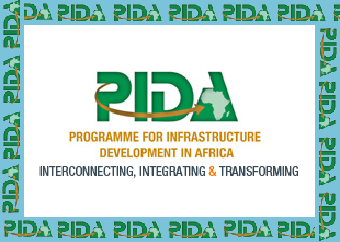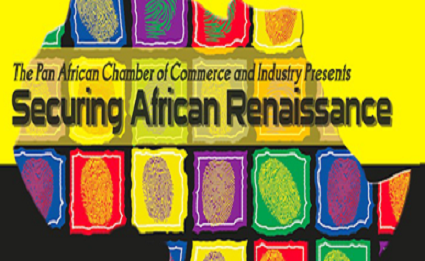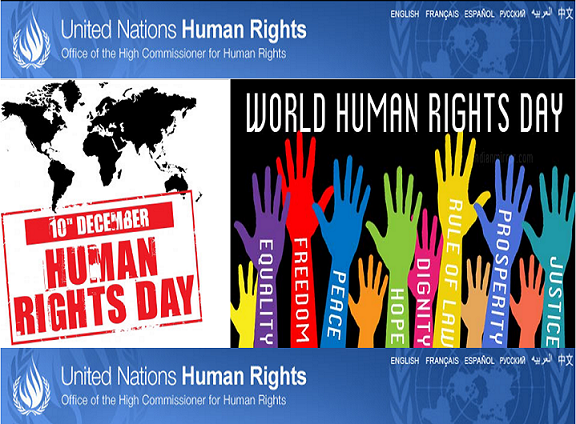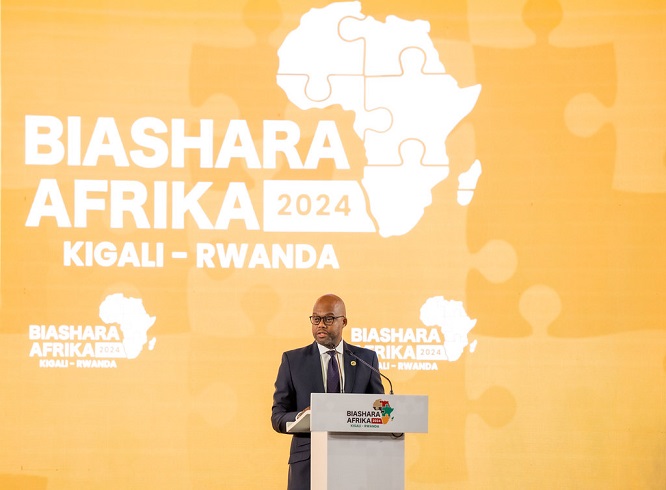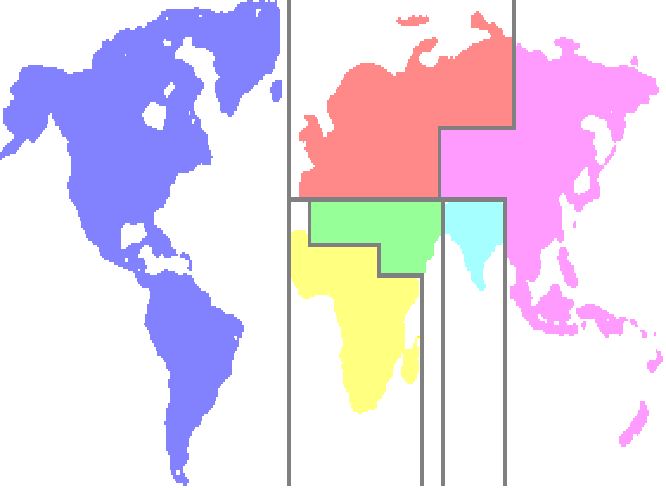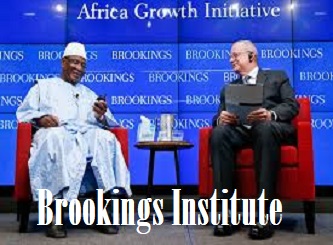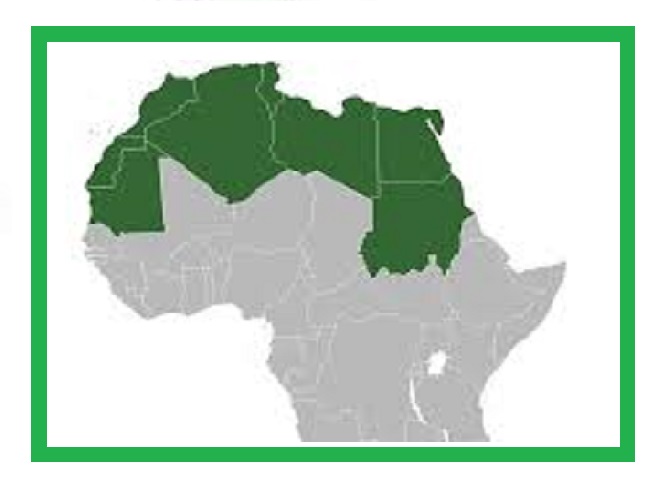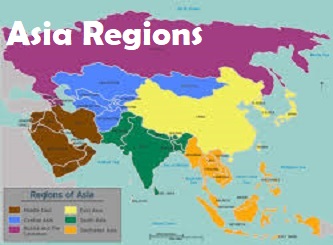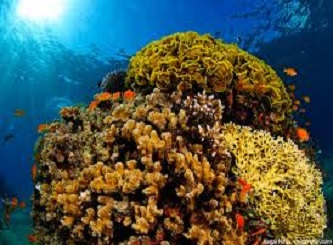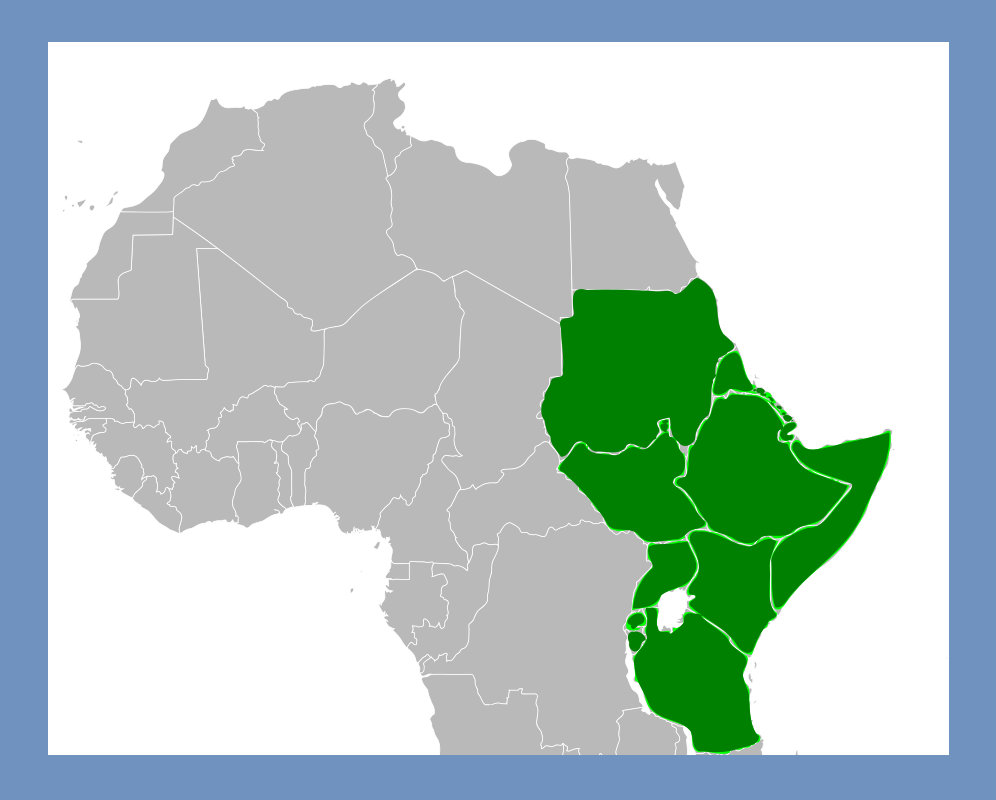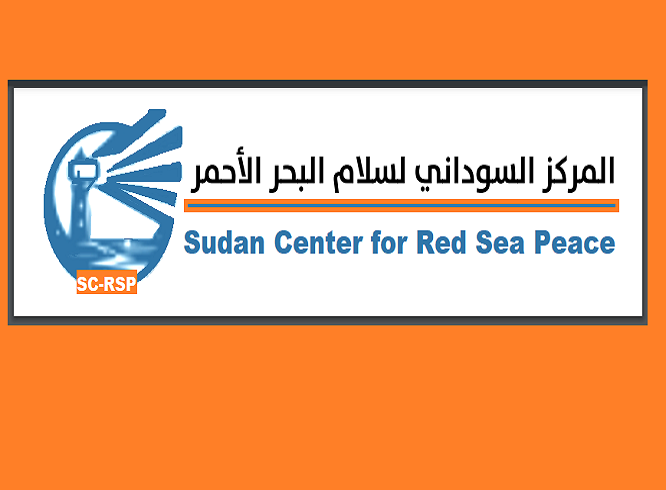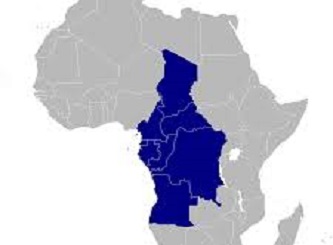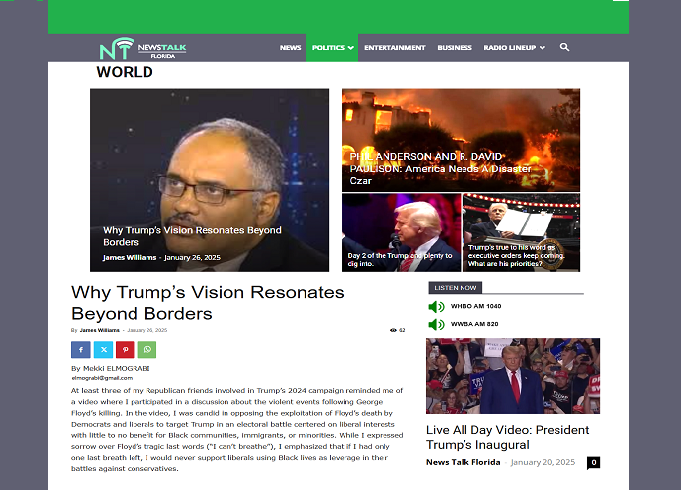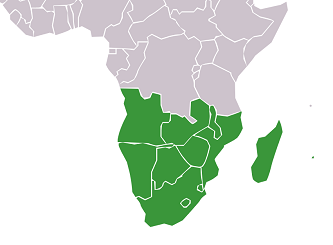UN Peacekeeper Rape Cases in Africa

Sexual abuse by UN peacekeepers is a deeply troubling issue that resulted in widespread criticism and debate over the past two decades. Numerous UN personnel have been accused of the act of sexual abuse, often involving children, during peacekeeping missions. For example, an investigation in 2017 revealed that at least 134 Sri Lankan peacekeepers were involved in a child sex ring in Haiti over a decade. Although 114 of them were sent back to Sri Lanka, none faced prosecution or adequate measures. This is a common outcome since the UN lacks direct jurisdiction over peacekeepers and can only repatriate them or ban them from future missions. Responsibility for prosecution falls on the home countries, but many do not have robust legal systems to handle such cases effectively, which produces a gap that’s up for exploitation if it not addressed.
Over 12 years leading up to 2017, nearly over 2,000 allegations of sexual abuse and exploitation were made against peacekeepers and other UN personnel globally. In Sudan, the Democratic Republic of the Congo, and the Central African Republic, many of these crimes involved children. In the Central African Republic, 98 girls accused peacekeepers of sexual abuse in 2014 and 2015, including horrifying reports of forced acts of bestiality. While 41 troops were identified and repatriated, and as with the other cases a pattern is introduced, none faced charges in their home countries.
Some critics argue that the lack of accountability stems from the unequal power dynamics between peacekeepers and vulnerable populations in conflict zones. Other critics point out that peacekeepers are supposed to protect these communities but often exploit them instead. In Haiti, Sri Lankan peacekeepers reportedly lured children as young as 12 with candy and cash, with some children being consistently raped and threatened not to tell anyone. Similarly, in Kosovo, underage girls were forced into prostitution, and many were treated as sex slaves.
Proponents of UN peacekeeping argue that these abuses are the actions of a minority and should not overshadow the organization’s overall mission. However, others believe the UN has failed to implement adequate safeguards. For example, while the UN has started disclosing abuse allegations since 2015, critics claim these efforts remain insufficient to address the scale of the problem, which is global.
The debate over whether the UN is doing enough to hold peacekeepers and others accountable continues. Many believe that countries contributing troops must implement stronger measures to prosecute offenders, while others call for reforms that give the UN more power to take direct action. Regardless of the arguments, the issue raises serious questions about the integrity and effectiveness of peacekeeping missions worldwide.


